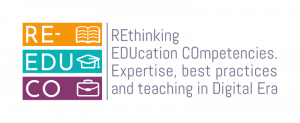 REthinking EDUcation COmpetencies. Εxpertise, best practices and teaching in Digital Era (RE-EDUCO) is an action research project aims to create the best conditions of exchange best practices to produce innovation and cooperation in and between countries’ partners (Italy, Spain, Finland, Greece, Cyprus). The RE-EDUCO project aims to strengthen the role of digital culture as a means to improve the growth opportunities for students and teachers, widening their choices in private and professional life, through research, exchange of good practices, training and creative activities.
REthinking EDUcation COmpetencies. Εxpertise, best practices and teaching in Digital Era (RE-EDUCO) is an action research project aims to create the best conditions of exchange best practices to produce innovation and cooperation in and between countries’ partners (Italy, Spain, Finland, Greece, Cyprus). The RE-EDUCO project aims to strengthen the role of digital culture as a means to improve the growth opportunities for students and teachers, widening their choices in private and professional life, through research, exchange of good practices, training and creative activities.
In the context of the first of the RE-EDUCO outputs, several information and orientation seminars and training activities took place in all partner countries to empower people and community and increase their awareness of risks and opportunities of digitalization for life, learning and professions. The actions had an overall duration of 52 hours (per country) and the topics addressed included:
- European Context for digital innovation
- New technologies: risk and opportunities for work and life
- CyberBullismo
- Digital Ethics
- Critical use of social media and internet data
- New skills and new labour perspective: Trends, profile, emerging competences
- Digital technologies & Society 5.0
- New Digital Identity and Active citizenship
- Secure data and privacy skills and new labour perspective: Trends, profile, emerging
Specifically, seminars and training activities in Greece took place from 1/3/2021 until 24/4/2021 with the participation of three provincial schools, namely the 5th General Lyceum of Agrinio, the 5th General Lyceum of Heraklion and the Model High School of Mytilene. A total of 127 students and 9 teachers were registered and participated. Since the schools were closed throughout Greece due to the COVID-19 pandemic, all actions were realized in an online manner. Both teachers and students expressed their satisfaction with the topics and the educational content and their willingness to participate in other project activities as well, such as the RE-EDUCO’s teachers’ online training and school contest.
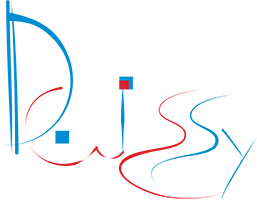
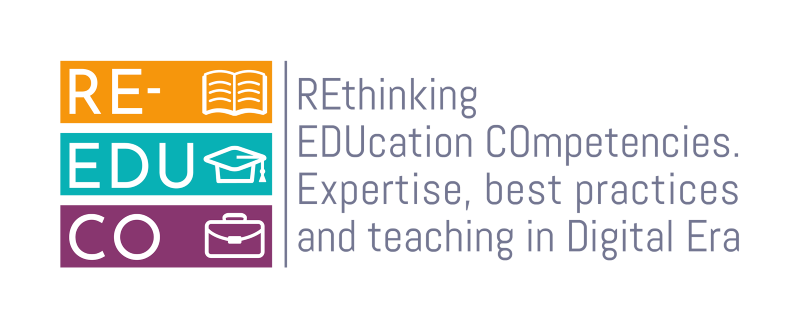
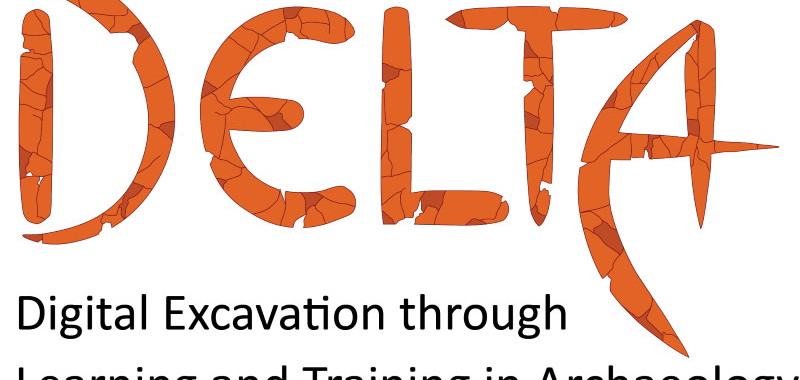
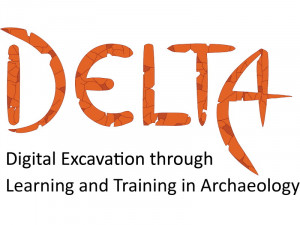
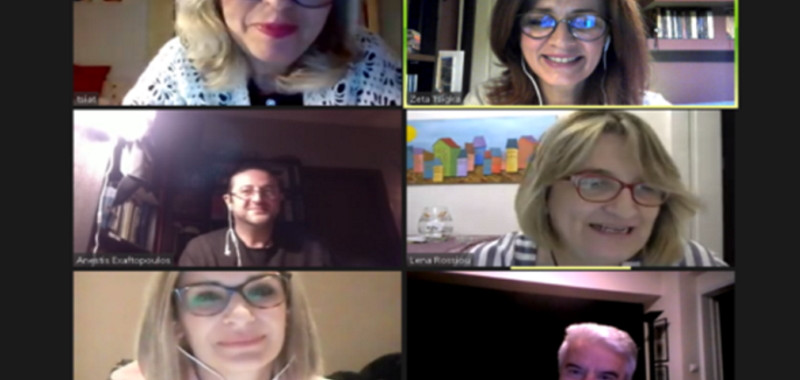
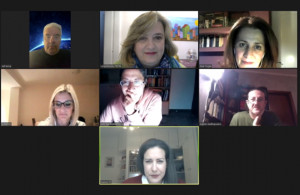
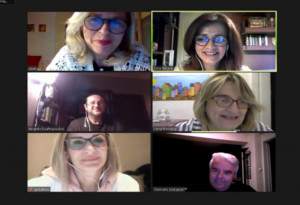
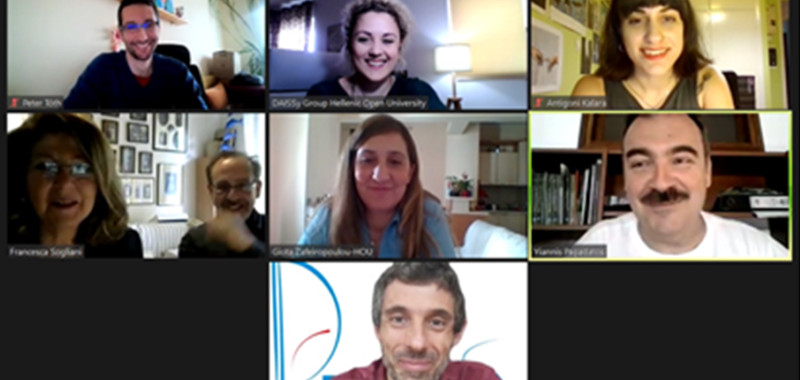
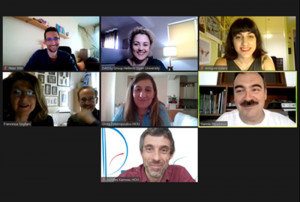
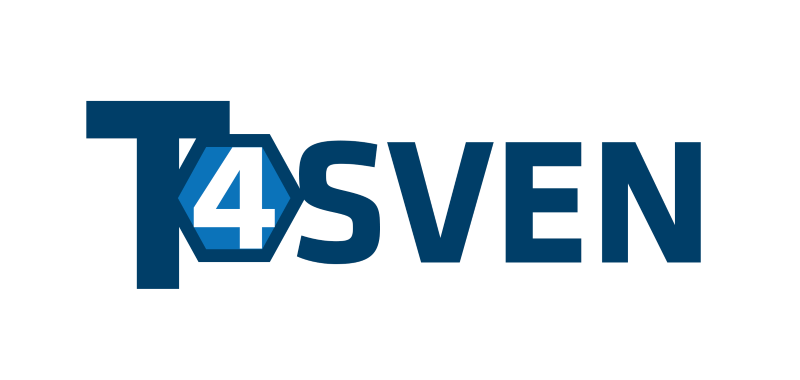
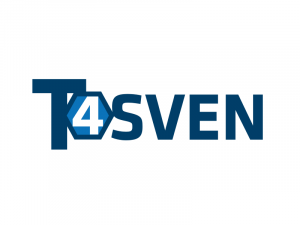
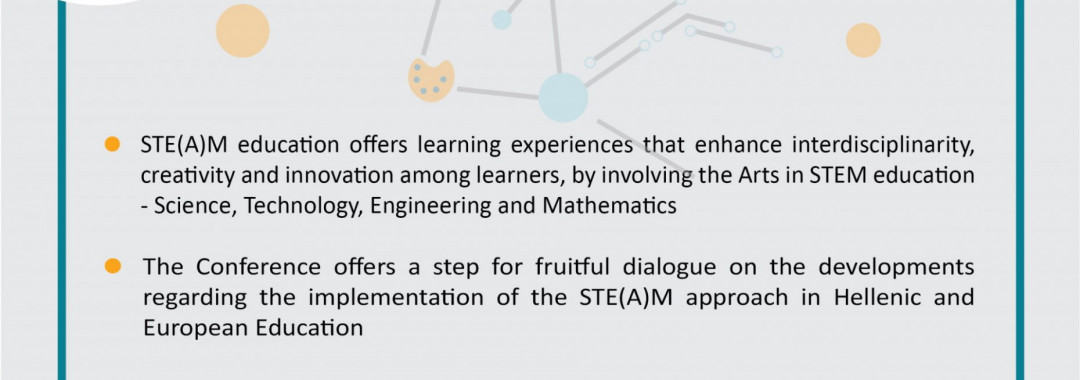
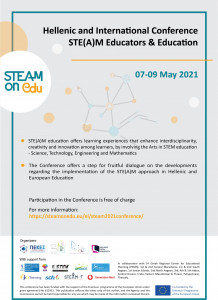
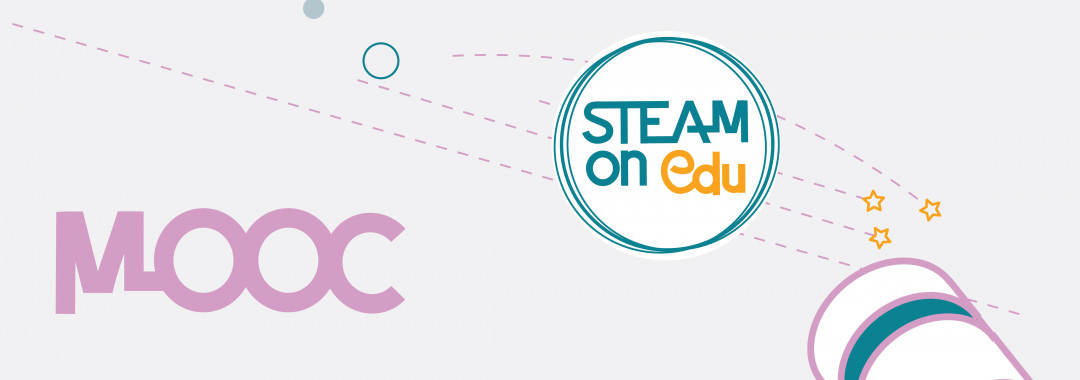
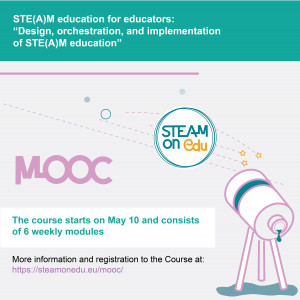
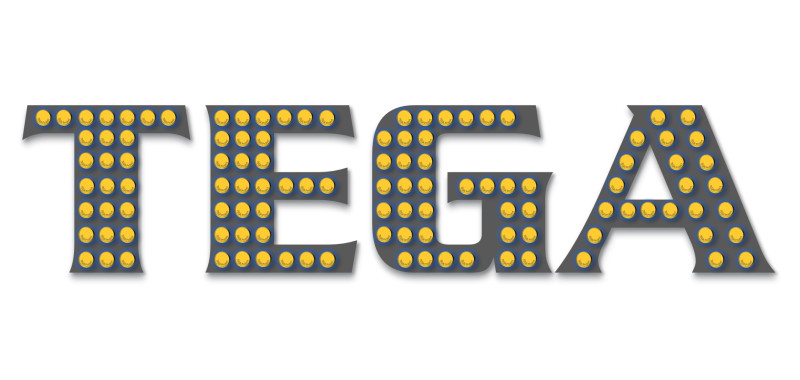
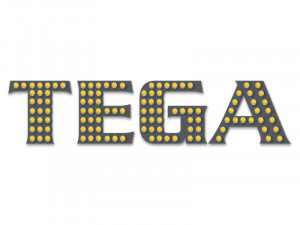 Η ερευνητική ομάδα DAISSy του Ελληνικού Ανοικτού Πανεπιστημίου συμμετέχει στις δράσεις του έργου «TEGA – Training the Educators to facilitate the teaching and assessment of abstract syllabus by the use of serious GAmes», που χρηματοδοτείται από το πρόγραμμα Erasmus+ της Ευρωπαϊκής Επιτροπής.
Η ερευνητική ομάδα DAISSy του Ελληνικού Ανοικτού Πανεπιστημίου συμμετέχει στις δράσεις του έργου «TEGA – Training the Educators to facilitate the teaching and assessment of abstract syllabus by the use of serious GAmes», που χρηματοδοτείται από το πρόγραμμα Erasmus+ της Ευρωπαϊκής Επιτροπής.